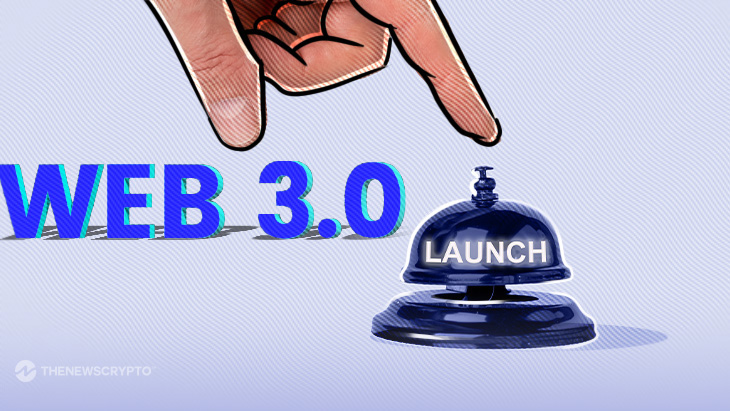The European Union strengthened its reputation as a no-nonsense regulator of data protection in recent weeks, after fining TikTok $379m for breaching its landmark GDPR privacy law.
The Chinese-owned social media giant was reprimanded for failing to protect children’s privacy, such as by making the accounts of users aged under 16 public by default. The action reiterates the aggressive approach of the EU’s lead regulator, the Data Protection Commissioner (DPC), based in Ireland.
On September 18, the European Commission will conduct a high-level digital dialogue with China to facilitate EU-China communication on digital strategy and tech developments – though it’s unlikely China will be falling into lockstep with the bloc anytime soon. Thankfully, a recent EU report highlighted progress on innovative tech, such as Web3 tools, that could also bring substantial improvements in how data is managed by users.
EC Talks Up Swash Data Union in New Paper
The EU’s attitude to data privacy was outlined in a recent policy report published by the European Commission’s science and knowledge service, the Joint Research Centre (JRC).
Entitled ‘Mapping the landscape of data intermediaries: Emerging models for more inclusive data governance,’ the 75-page paper aims to promote ‘inclusive data governance’ by highlighting tools that let users wield greater control over the footprint they leave behind when browsing the internet.
One of the tools highlighted in the report was Swash, a data-focused web3 ecosystem comprising tools and solutions for both users and businesses. In a section on Data Unions, which protect and bargain on rights over personal data generated via platforms, Swash’s browser extension was cited as an example of a product that ‘allows data subjects to get power over their data while they receive a share of the profits they generate.’
It is not the first time Swash has been endorsed by those concerned with upholding data protection rights. Earlier this year, the platform passed a rigorous independent audit carried out by the Data & Marketing Association (DMA), becoming the only data union to be named an accredited member. Swash also completed a Data Protection Impact Assessment with the UK’s Information Commissioner’s Office.
The EC’s mention of Swash doesn’t just highlight a commitment to exploring options consumers have to protect their data. It also underscores the Commission’s interest in emerging web3 technologies. Gradually, the web3 landscape is coming to be recognized as legitimate and disruptive in the eyes of governing bodies, hence the EU’s instituting of a formal regulatory framework for Crypto-Assets Issuers and Crypto-Asset Services Providers (the MiCA regulations).
Winds of Web3 Change Continue to Blow
It’s not just MiCA: the European Blockchain Services Infrastructure (EBSI), whose nodes are run by EU member states, recently presented at the European Blockchain Convention in Barcelona, where conversations centered on the advancement of decentralized governance (DeGov) services.
A subsequent article on the EC website suggested that Europe could:
“lead the way in the transition from Web 2.0’s BigTech platform model to a vibrant European Web3 ecosystem.”
Swash is an example of a web3 service, where all data transactions are denominated in $SWASH crypto tokens. What’s more, users can contribute the value of their data to social development causes and use it for value exchange through the Data for Good initiative.
While users get nothing from the sale of their data in the old web2 model dominated by Google, Facebook and the rest, Swash ensures that 70% of profits made from data sales lands in their pockets. Advertisers can also use Swash to tackle ad fraud and wasted ad spend, and to serve up ads to fully opted-in, web3-minded users. The theory goes that if users have already given their browser permission to display ads (based on certain preferences) in return for rewards, they are more likely to engage with what is shown to them.
A new era of data protection is upon us, strictly enforced by regulators and propelled by a wave of innovative web3 data intermediaries promoting a fairer, more user-centric approach. Piece by piece, the data economy of the future is being assembled, and the centralized data control that characterized the previous model is being replaced by blockchain-native platforms, programmable privacy, decentralized data storage, and user-owned digital identities.
Although data privacy challenges remain, the evolution of web3 is changing the way data is collected, stored and shared – and putting consumers firmly in the driver’s seat.








